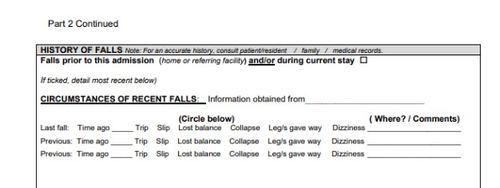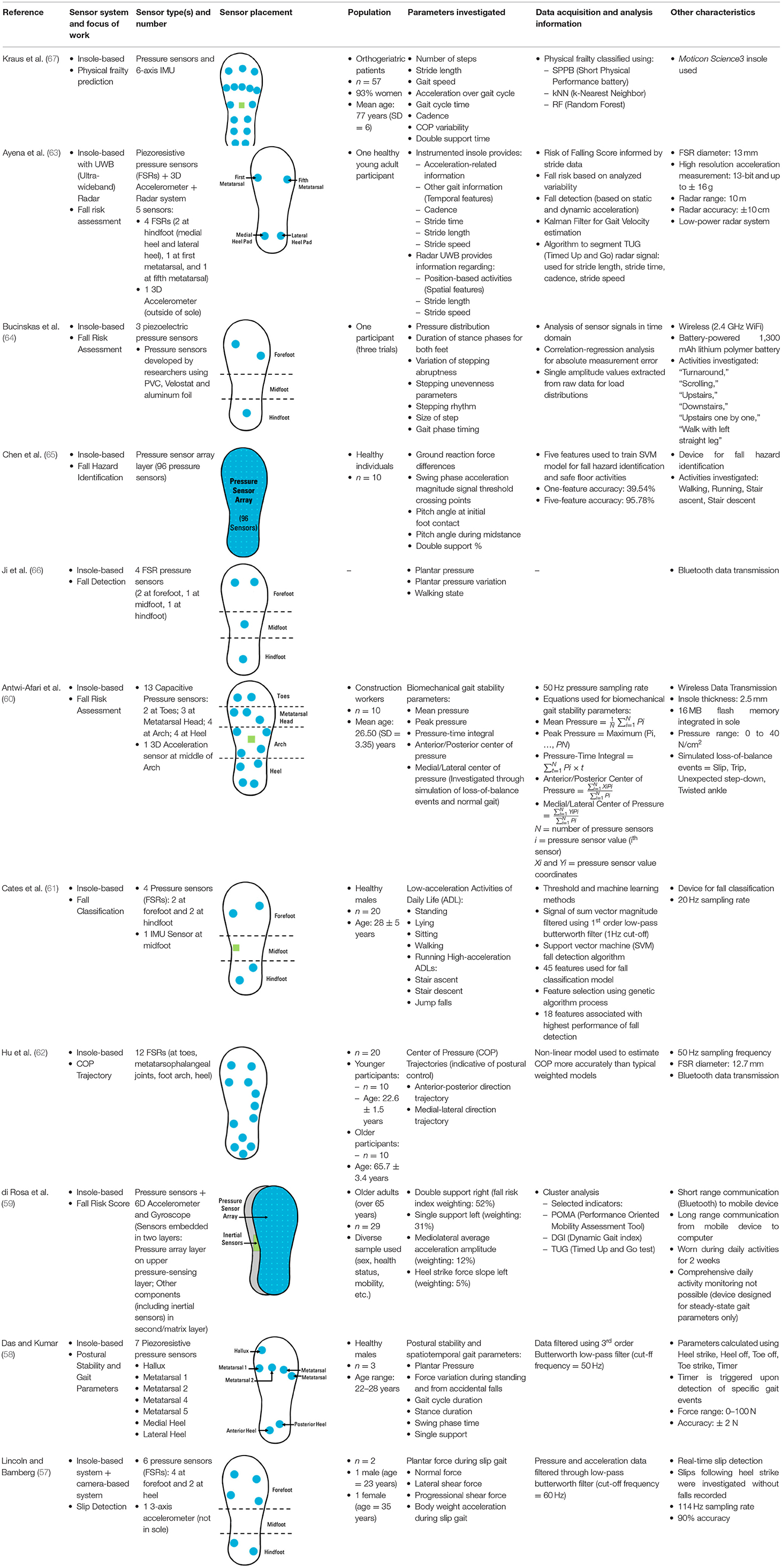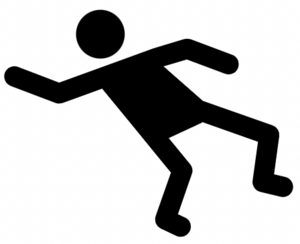An Unbiased View of Dementia Fall Risk
An Unbiased View of Dementia Fall Risk
Blog Article
The 5-Second Trick For Dementia Fall Risk
Table of ContentsHow Dementia Fall Risk can Save You Time, Stress, and Money.Not known Facts About Dementia Fall Risk6 Simple Techniques For Dementia Fall RiskLittle Known Questions About Dementia Fall Risk.The Best Strategy To Use For Dementia Fall Risk
The FRAT has three sections: drop threat standing, threat variable list, and activity strategy. A Loss Danger Status consists of information concerning history of recent drops, drugs, mental and cognitive status of the person - Dementia Fall Risk.If the client ratings on a danger aspect, the matching variety of points are counted to the client's autumn danger rating in package to the far appropriate. If a patient's autumn threat score totals five or higher, the person is at high danger for falls. If the client ratings just 4 points or reduced, they are still at some risk of dropping, and the nurse ought to use their best medical evaluation to manage all loss risk variables as component of a holistic treatment plan.
These conventional techniques, in basic, assist create a secure atmosphere that reduces unintended drops and marks core preventive actions for all individuals. Indications are important for people in danger for drops. Medical care carriers require to recognize who has the problem, for they are in charge of applying actions to promote patient safety and security and avoid falls.
The Buzz on Dementia Fall Risk
Wristbands need to consist of the patient's last and first name, date of birth, and NHS number in the UK. Only red shade needs to be made use of to signify unique patient status.
Products that are also much might need the person to connect or ambulate needlessly and can possibly be a hazard or add to drops. Helps stop the client from heading out of bed with no support. Registered nurses reply to fallers' call lights a lot more rapidly than they do to lights started by non-fallers.
Visual problems can greatly cause falls. Hip pads, when used correctly, may minimize a hip crack when fall happens. Keeping the beds closer to the flooring minimizes the risk of falls and severe injury. Putting the mattress on the floor dramatically decreases autumn risk in some health care settings. Reduced beds are made to reduce the distance a client drops after moving out of bed.
Getting My Dementia Fall Risk To Work
Patients who are tall and with weak leg muscles who try to rest on the bed from a standing position are likely to fall onto the bed due to the fact that it's also reduced for them to lower themselves safely. Also, article if a high patient attempts to rise from a reduced bed without aid, the patient is most likely to fall back down onto the bed or miss the bed and fall onto the floor.
They're designed to promote timely rescue, not to stop falls from bed. Audible alarm systems can also remind the individual not to stand up alone. Making use of alarm systems can also be a replacement for physical restraints. In addition to bed alarm systems, enhanced guidance for risky clients also may aid avoid drops.

People with a shuffling gait increase fall opportunities dramatically. To decrease loss risk, footwear need to be with a little to no heel, slim soles with slip-resistant step, and support the ankles.
Some Known Details About Dementia Fall Risk
Patients, specifically older adults, have minimized aesthetic capacity. Lighting an unfamiliar atmosphere helps boost exposure if the individual should stand up in the evening. In a study, browse around these guys homes with adequate lights record less falls (Ramulu et al., 2021). Enhancement in lights in your home may lower fall prices in older adults (Dementia Fall Risk). Making use of gait belts by all healthcare providers can promote security when helping people with transfers from bed to chair.

Sitters are effective for guaranteeing a secure, safeguarded, and secure atmosphere. Studies demonstrated very low-certainty proof that sitters reduce autumn risk in acute treatment health centers and only moderate-certainty that options like video tracking can reduce sitter use without raising fall risk, suggesting that caretakers are not as valuable as at first thought (Greely et al., 2020).
Not known Factual Statements About Dementia Fall Risk

Raised physical conditioning minimizes the threat for falls and restricts injury that is received when fall takes place. Land and water-based exercise programs might be in a similar way valuable on equilibrium and gait and therefore decrease the danger for falls. Water workout might add Get More Information a favorable advantage on balance and gait for ladies 65 years and older.
Chair Rise Workout is an easy sit-to-stand exercise that helps strengthen the muscles in the thighs and buttocks and boosts mobility and self-reliance. The goal is to do Chair Increase workouts without using hands as the customer ends up being stronger. See sources area for an in-depth direction on how to perform Chair Rise exercise.
Report this page